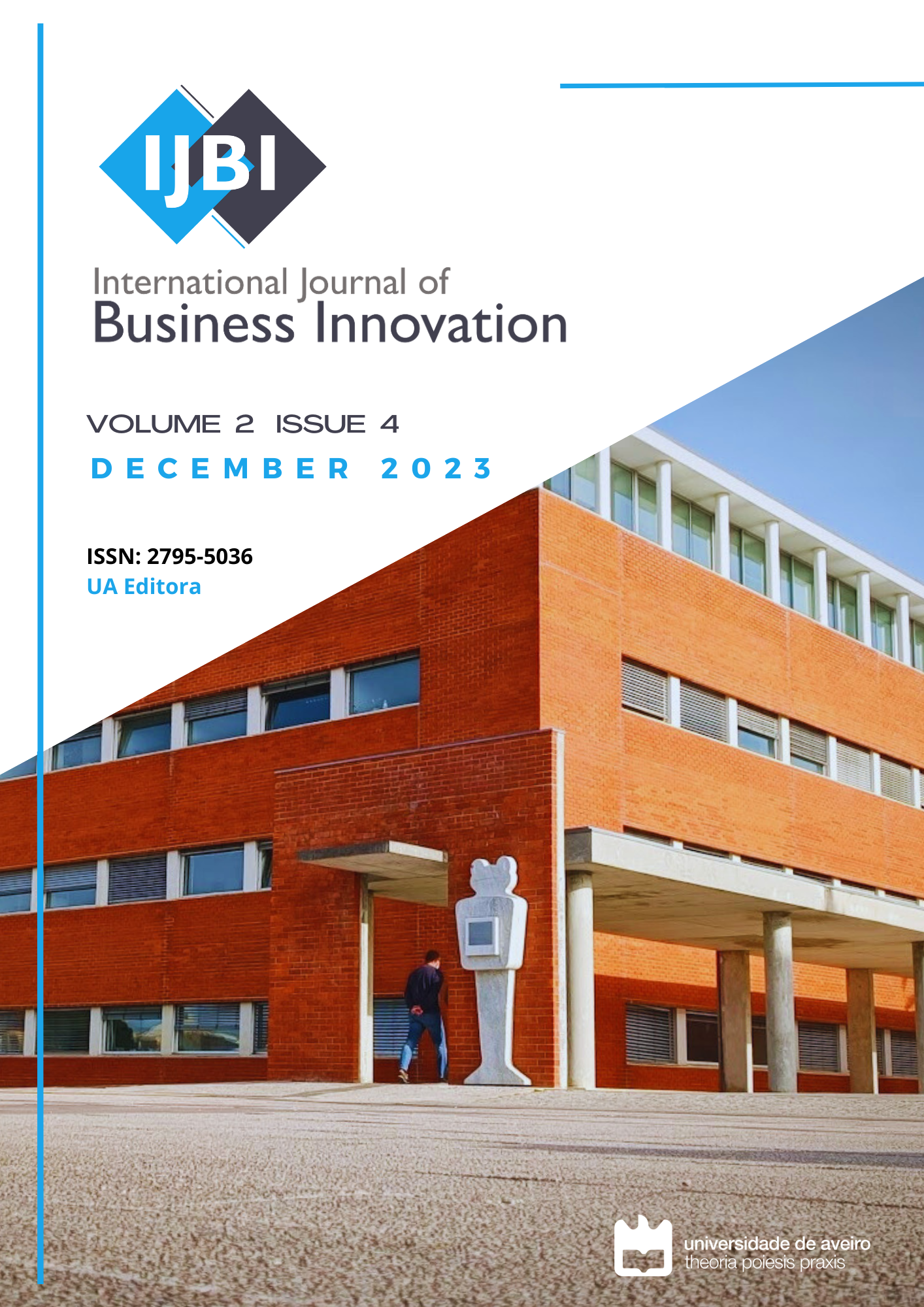Is European Fund’s implementation subject to slipup for emerging countries’ approach?
DOI:
https://doi.org/10.34624/ijbi.v2i4.33997Keywords:
External audit, Non-refundable European funds (NREF), Romania, Irregularities, LongitudinalAbstract
Our study explores in a holistic approach the topic of non-refundable European funds (NREF). Taking as pillars the results of the operational audit (weakness and errors) and the remedial role of follow-up operations, we approach in a longitudinal manner (2008-2020) the evolution of the European funds in the case of Romania, a former communist country, member of the EU. Through a theoretical and empirical framework, our results show a fluctuating evolution on all the operational programmes implemented in Romania over 22 years. The results can be a reference base for Est European countries’ experience, newly acquainted with EF. The unveiled results can be justified by the Romania’s government lack of experience, fluctuating legislation, minor knowledge of the Eastern European culture by EU, aspects that, in recent years, based on a better familiarity with the non-reimbursable funds and the effects of follow-up operations, are significantly improving.
References
Downloads
Published
Issue
Section
License
When submitting an article to the IJBI, authors certify the following clauses:
-
Originality and single submission– The contents presented in the article have not been published previously in whole or in part, and were not submitted or are not under active consideration elsewhere prior IJBI decision. The article must be authentic and does not contain plagiarism.
-
Authorship– All authors reviewed the article, agreed with its content, and agreed to its submission to the IJBI.
-
Conflicts of interest– Any conflict of interests must be declared. If authors have no declaration, it should be written (in the acknowledgments section): “The authors declare no conflict of interests”.
-
Ethics committee and informed consent(if applicable) – The research must be approved by an independent ethics committee and subjects gave their informed consent before they were enrolled in the study.
- Authors retain copyright and grant the journal the right of first publication with the work simultaneously licensed under a Creative Commons CC BY 4.0.



